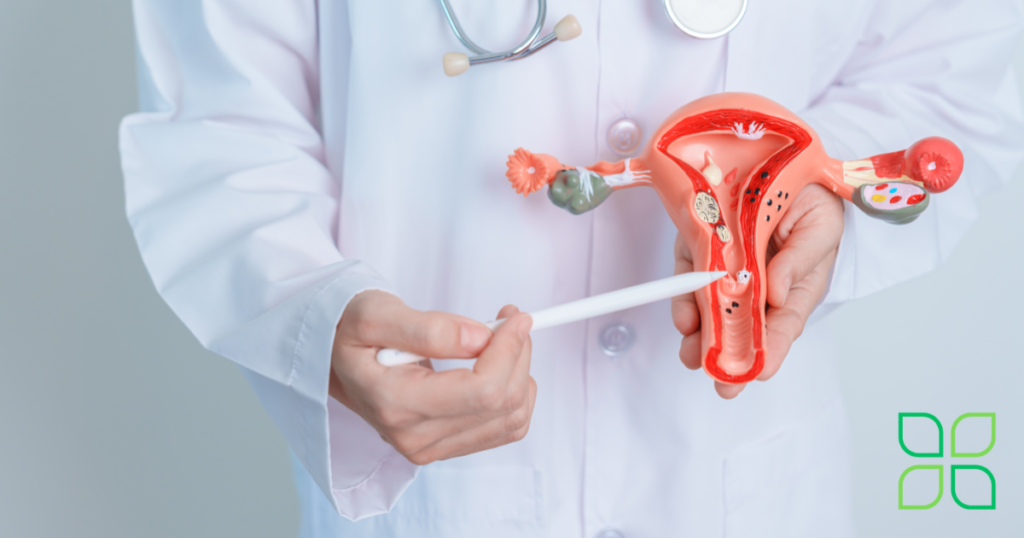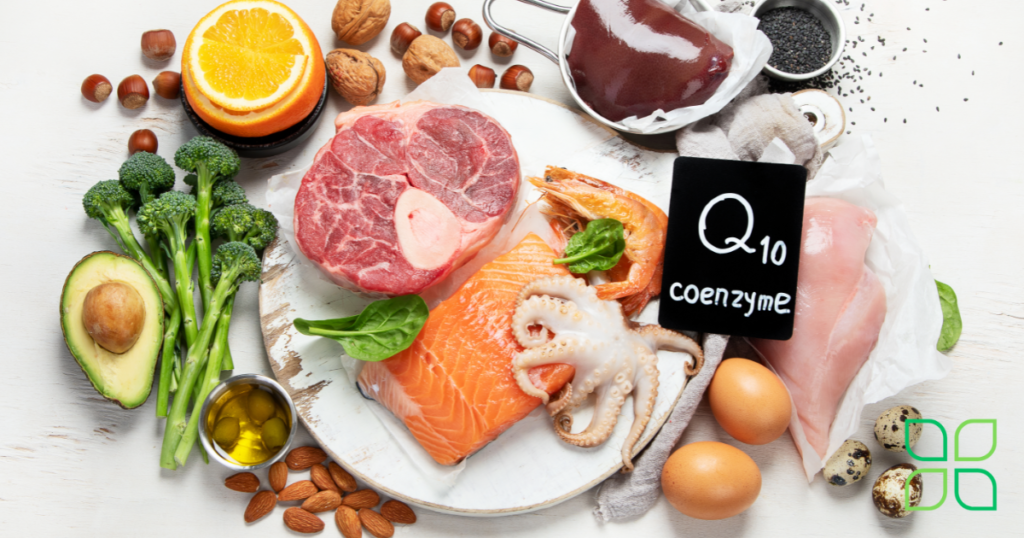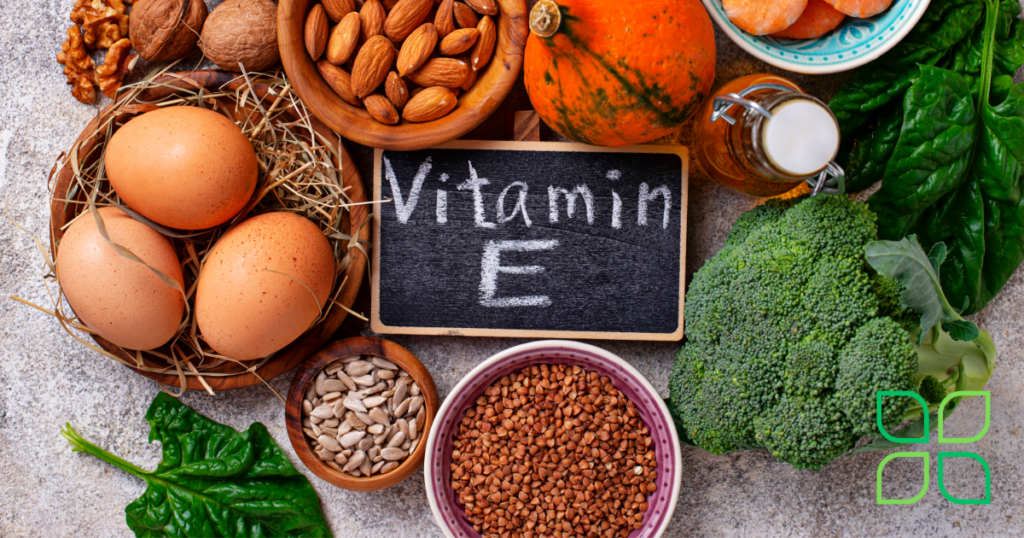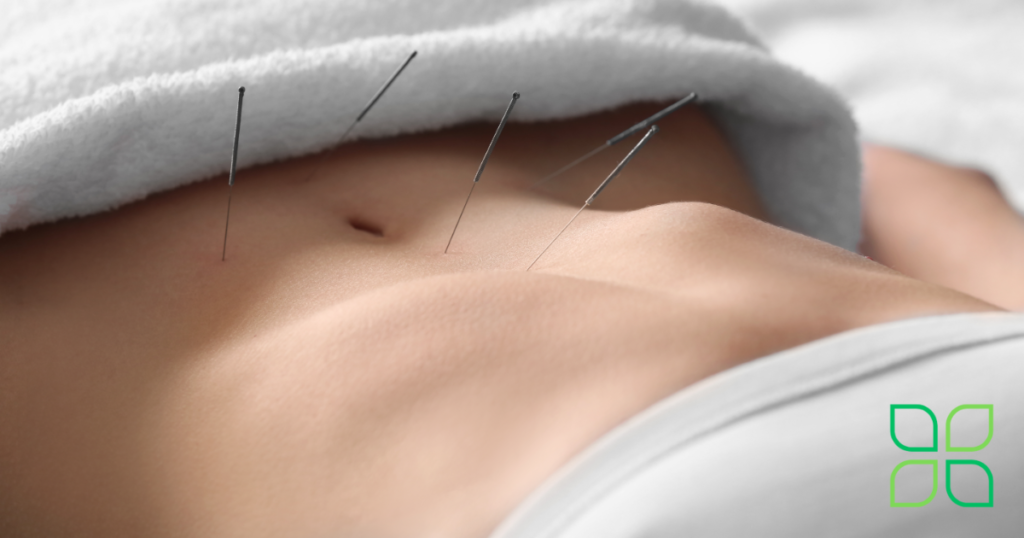
Improving Uterine Lining for Fertility and Implantation: Natural Remedies for a Healthy Endometrium
Many women trying to conceive wonder what they can do to improve the lining of their uterus, also known as the endometrium. In this blog post, we will explore the importance of a healthy endometrial lining for fertility and implantation and discuss various natural remedies to improve it.
The uterus is composed of three layers: the serosa (outer lining), the myometrium (middle lining), and the endometrium (innermost lining). The endometrium is the layer primarily used for implantation and is crucial for a successful pregnancy. To create an optimal environment for implantation, it is helpful to think of the endometrium as a garden. Just like a garden needs fertile soil for seeds to grow, the endometrium needs to be thick, fluffy and well-nourished for an embryo to implant and thrive.
Causes and Remedies for Thin Endometrial Lining: Understanding and Improving Fertility
A healthy uterine lining should have a trilaminar appearance, meaning it has three distinct layers. It should also be thick, measuring at least eight millimeters or more. An ultrasound is typically used to measure the thickness of the endometrium. A thickness of less than eight millimeters may indicate a thin lining, hindering successful implantation and pregnancy.
There are several potential causes of a thin endometrial lining. One common cause is low estrogen levels. Estrogen plays a crucial role in nurturing endometrial growth and increasing its thickness. Other causes include poor blood supply to the uterus, which can be influenced by factors such as a sedentary lifestyle, fibroids, polyps, endometriosis, or pelvic inflammatory disease. Trauma to the pelvic area, such as from a car accident or sports injury, can also affect blood circulation to the uterus and thin the endometrium. Additionally, repeated surgeries or procedures, such as dilation and curettage (D&C), can lead to scar tissue formation, which results in a thin uterine lining.
Scientifically-Backed Tips for Successful Embryo Implantation: Enhance Uterine Lining Thickness with These Strategies
Fortunately, several home remedies and tips can improve the endometrial lining. These tips are backed by scientific research and can significantly increase the chances of successful embryo implantation. However, it is important to consult with your healthcare provider before making any significant dietary changes, particularly if you have specific dietary restrictions or health concerns that may affect your consumption of these foods.
Here are ten of the best ways to thicken the inner lining of the uterus to give you the best success rate of getting pregnant:
1. CoQ10 Enzyme: CoQ10, also known as Coenzyme Q10, has anti-inflammatory properties and is a powerful antioxidant vital in reducing toxicity within our bodies. As an antioxidant, it helps neutralize harmful free radicals and protects our cells from their damaging effects. With its unique ability to reduce oxidative stress, CoQ10 has gained considerable attention for its potential to improve various aspects of our health.

One area where CoQ10 has shown promising benefits is in improving endometrial thickness and blood flow. CoQ10 supplementation has been found to enhance the thickness of the endometrial lining, potentially improving fertility outcomes.
In addition to improving endometrial thickness, CoQ10 has been found to enhance blood flow, particularly in areas where circulation may be compromised. This increased blood flow can positively affect overall health, ensuring that vital organs and tissues receive adequate oxygen and nutrients. CoQ10 can support the optimal functioning of various bodily systems by reducing oxidative stress and promoting healthy blood flow.
2. L-Arginine: L-arginine, a vital nutrient for optimizing endometrial thickness, is worth exploring in greater detail. It is known to play a significant role in improving the overall health and function of the endometrium – the lining of the uterus where the fertilized egg implants and grows during pregnancy.
One of the most intriguing aspects of L-arginine is its natural occurrence in various food sources. Several delicious options are available for those seeking to boost their L-arginine intake. Red meat, such as beef and lamb, is a notable source. Its succulent taste and rich texture provide more than just a savory experience; they contribute to the body’s L-arginine levels.
Fish, often praised for its abundance of omega-3 fatty acids, is another source of L-arginine. Incorporating fish into your diet not only provides a variety of health benefits but also helps to increase the nutrient levels crucial for endometrial health.
With their versatile nature, soybeans are yet another excellent source of L-arginine. Whether consumed as whole soybeans, tofu, or in various other forms, they offer a plant-based means of promoting endometrial thickness. Incorporating soybeans into your diet can be a tasty and nutritious way to enhance your reproductive health.
Furthermore, dairy products have long been recognized for their essential role in providing nutrients for overall well-being. Regarding L-arginine, dairy products like paneer, a type of Indian cheese, and milk are particularly noteworthy. These products are not only delicious but also contribute to your body’s L-arginine levels, supporting the growth and thickening of the endometrial lining.
You can naturally enhance your endometrial thickness by incorporating these L-arginine-rich foods into your diet.
3. Vitamin D: Similar to vitamin E, vitamin D has also been shown to increase endometrial thickness. A study revealed a 2 mm increase in thickness after vitamin D supplementation. Foods rich in vitamin D include fish, dairy products, and soybeans.
4. Vitamin E: Supplementation of low-dose vitamin E has been found to increase blood flow to the uterus. This can be beneficial for patients with thin endometrium who are struggling to conceive. Foods rich in natural vitamin E include avocados, nuts, and seeds like pine seeds or sunflower seeds.

5. Regular Exercise: Including 30 minutes of exercise in your daily routine can improve blood supply to the endometrium and increase the chances of successful implantation. Exercise can consist of activities like walking, yoga, biking, or jogging. This is particularly important for overweight patients who often have poor endometrial thickness.
6. Enough Sleep: Proper rest plays a critical role in improving implantation potential. During rest, hormonal levels are balanced, resulting in proper growth of the endometrial lining and the release of eggs. Aim for 7 to 8 hours of sleep to achieve better success rates in pregnancy.
7. Stress Reduction: Reducing stress levels is crucial for improving endometrial receptivity. Studies have shown that high stress levels can compromise the blood supply to the endometrium. Incorporating stress-reducing activities such as meditation, yoga, exercise, and engaging in hobbies can help create a stress-free environment, especially for individuals dealing with infertility.
8. Nutrient-Rich Foods: Incorporating certain foods into your diet can have a beneficial effect on endometrial thickness and blood flow. A healthy diet, such as beetroot, spinach, beans, pumpkin seeds, tomatoes, strawberries, oranges, broccoli, green peppers, fish, ginger, cinnamon, turmeric, and asparagus, is known to improve endometrial receptivity. Maintaining a wholesome nutrition plan that includes iron, multivitamins, protein, and carbohydrates is essential.
9. Acupuncture: Acupuncture is another effective method for improving blood circulation and can be focused specifically on the uterine environment. An acupuncturist can stimulate the flow of Qi (pronounced “chee”) and blood throughout the body, including the uterus, by inserting fine, sterile needles into specific acupuncture points. Qi, often described as the vital energy that flows through meridians in our body, is believed to be responsible for maintaining harmony and balance within us. An imbalance or blockage of Qi and blood can manifest as various health problems, including poor blood circulation in the uterine area.
Through strategic needle placement, acupuncture can help remove these blockages and promote the smooth flow of Qi and blood. This, in turn, improves blood circulation to the uterus, ensuring a healthy supply of oxygen and nutrients to support its overall function. Additionally, enhanced blood circulation helps remove toxins and waste from the uterine environment, allowing optimal health and well-being.
Moreover, acupuncture can help regulate hormonal imbalances that often contribute to irregular menstrual cycles and other reproductive issues. By stimulating specific acupoints, acupuncture can release endorphins and other neurochemicals, which promote hormonal balance and regulate the menstrual cycle. This, in turn, can enhance fertility, making acupuncture a valuable adjunct therapy for those undergoing assisted reproductive techniques or struggling with conception.

Furthermore, acupuncture has shown promise in supporting the success of in vitro fertilization (IVF) procedures. By improving blood circulation and reducing stress, acupuncture can enhance the chances of successful embryo implantation and a healthy pregnancy. This holistic approach to reproductive health sets acupuncture apart as a complementary therapy that can be incorporated into a comprehensive treatment plan.
10. Castor Oil Packs: Castor oil packs involve soaking a cloth in castor oil and applying it to the lower abdomen for a certain duration, often accompanied by gentle heat. The castor oil penetrates the skin and acts as a stimulant to increase blood circulation in the underlying tissues. This increases blood flow, which enhances nourishment to the uterus and subsequently promotes a thicker endometrium.
Castor oil packs are also reported to help regulate hormonal balance, which is crucial for a healthy endometrial lining. Hormonal imbalances, such as low progesterone levels, can result in a thin endometrium that may hamper the chances of successful implantation.
The Role of Medical Guidance and Personalized Treatments in Achieving a Healthy Endometrial Lining for Successful Pregnancy
These strategies have been proven to thicken the endometrial lining. However, it is important to note that they should be used in conjunction with medical guidance and tailored to individual needs. Consulting with a fertility specialist can provide personalized fertility treatments and ensure the best course of action.
In conclusion, a healthy endometrial lining is crucial for successful implantation and pregnancy. By understanding the importance of a thick and well-nourished endometrium, women can take proactive steps to improve their chances of conception. Incorporating strategies such as moderate exercise, acupuncture, castor oil packs, and a balanced diet can support a healthy uterine environment and increase the likelihood of a successful pregnancy.
